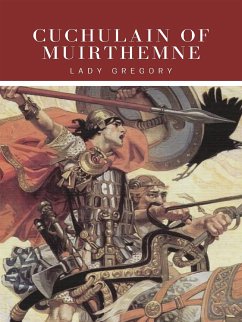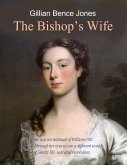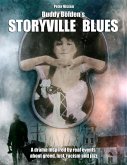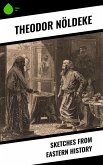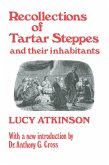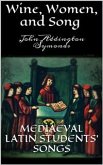This composition is part of Lady Gregory’s work in the Cuchulain cycle. Cuchulain was a powerful Irish warrior, “the Tracker of Ulster”, the hero of the “red branch”, and is the subject of numerous stories set in the pre-Christian Ireland. In this saga mythological and supernatural elements are interwoven; there are Sidhe (fairies), Celtic gods and goddesses, in particular Morrigu, the goddess of war. The saga is rich in episodes that could be echoes of ancient myths, for example the history of the two shape-shifting pheromones. There are sections of great poetry inserted in the text, in particular the lament of emer on the death of Cuchulain.
Bitte wählen Sie Ihr Anliegen aus.
Rechnungen
Retourenschein anfordern
Bestellstatus
Storno

